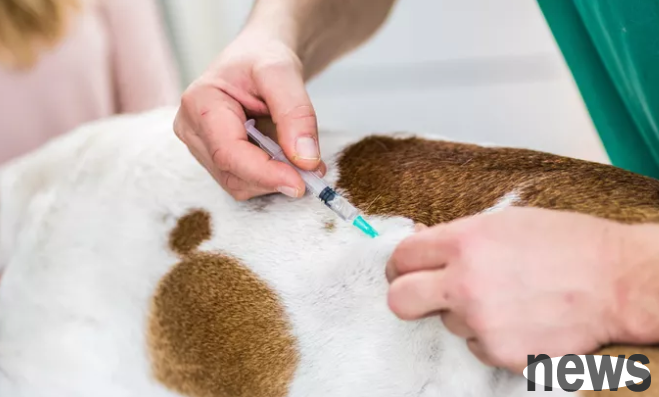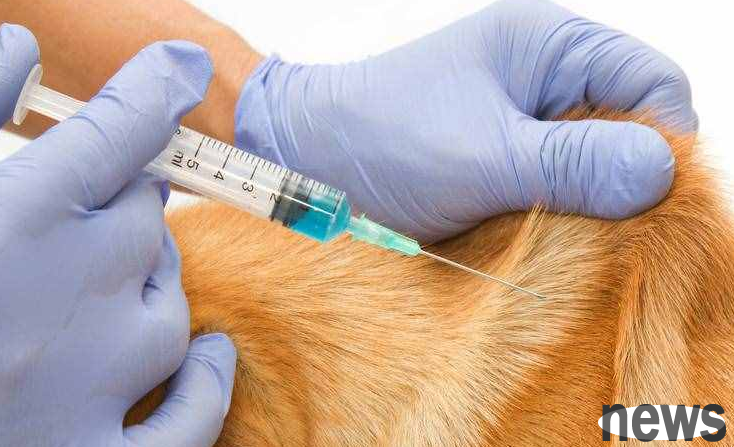In the process of raising pet dogs, vaccines are essential. No matter what breed of dogs it is, they must be vaccinated in time when they should be vaccinated. Otherwise, the dogs who do not have one second injection will have relatively poor resistance in the later stage and are prone to illness. Especially for vaccines such as canine distemper or parvovirus, if dogs cannot be injected in time, if they suffer from canine distemper or parvovirus after growing up, the mortality rate is very high, and parents will regret it at that time. So what vaccines should dogs be given at all ages?

1, Six-couple vaccine
When the dog is about fifty days old, it is necessary to start injecting the dog with six vaccines. The Six-couple vaccine is a vaccine that can prevent dogs from suffering from six infectious diseases, mainly including six types of canine distemper, parvovirus, hepatitis, adenovirus disease, parainfluenza and leptospirosis. Generally speaking, for the six-unit vaccine, three consecutive injections are required, each interval is about twenty days, and then it should be injected once every year. Imported vaccines will be relatively higher than domestic vaccines, but the effect will be better. Parents can inject corresponding vaccines into their dogs according to their own financial situation.
2. Deworming vaccine
Deworming vaccine is also very important for the healthy growth of dogs, because if there are parasites in the dog's body and there is no effective deworming for a long time, the dog's nutrients will be absorbed by the parasites in large quantities, resulting in the dog's eating a lot of food, but is thin, indigestion, and in severe cases, there is even anorexia. Therefore, dogs can usually get the first deworming vaccine at about three months, while dogs after adulthood can get the deworming vaccine every three months.

In addition to the deworming vaccine in the body, external deworming is also very critical. Otherwise, parasites such as grass and ticks live on the surface of the dog's body for a long time, which will cause skin inflammation, bleeding, etc. According to the growth cycle of the extracorporeal parasites, external deworming can be performed once a month, and antiworming powder or drops can be sprayed.
3. Rabies vaccine
When the dog grows to about three months, it can basically be injected with rabies vaccine. This vaccine is one of the types of vaccines that dogs must also be injected. Otherwise, if a dog with rabies bites a person, the possibility of a person's life is very high, and the possibility of a dog's illness is also very high. Therefore, injecting rabies vaccine into dogs in a timely manner is not only responsible to the dog itself, but also to themselves, others, and the entire society.
Since we talk about the above types of vaccines that dogs must be vaccinated, let’s also understand what things to pay attention to when dogs are vaccinated?
A. Dogs should be healthy when taking dogs for vaccination, make sure that the dog is not sick and is healthy for the dog. If the dog is sick, has a cold or vomiting, or has diarrhea, it is not recommended to vaccinate the dog. You can wait until the dog recovers before getting vaccinated.
B. Record the time for vaccination
Owners should record the time for each dog to be vaccinated. Generally, the time for vaccination in the second year is about a month earlier than the first year's vaccination time. The owner must record the time clearly.
C. Go to a regular hospital
For the sake of the health of the dog, it is best to go to a regular hospital to get vaccinated when vaccinating the dog, which can ensure the quality of the vaccine. Some irregular vaccines may not meet the batch, and do not pay attention to the production date of the drug, which is a hidden risk to the dog's body.
